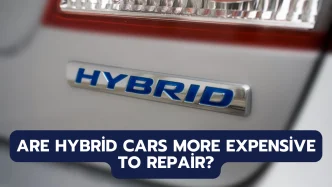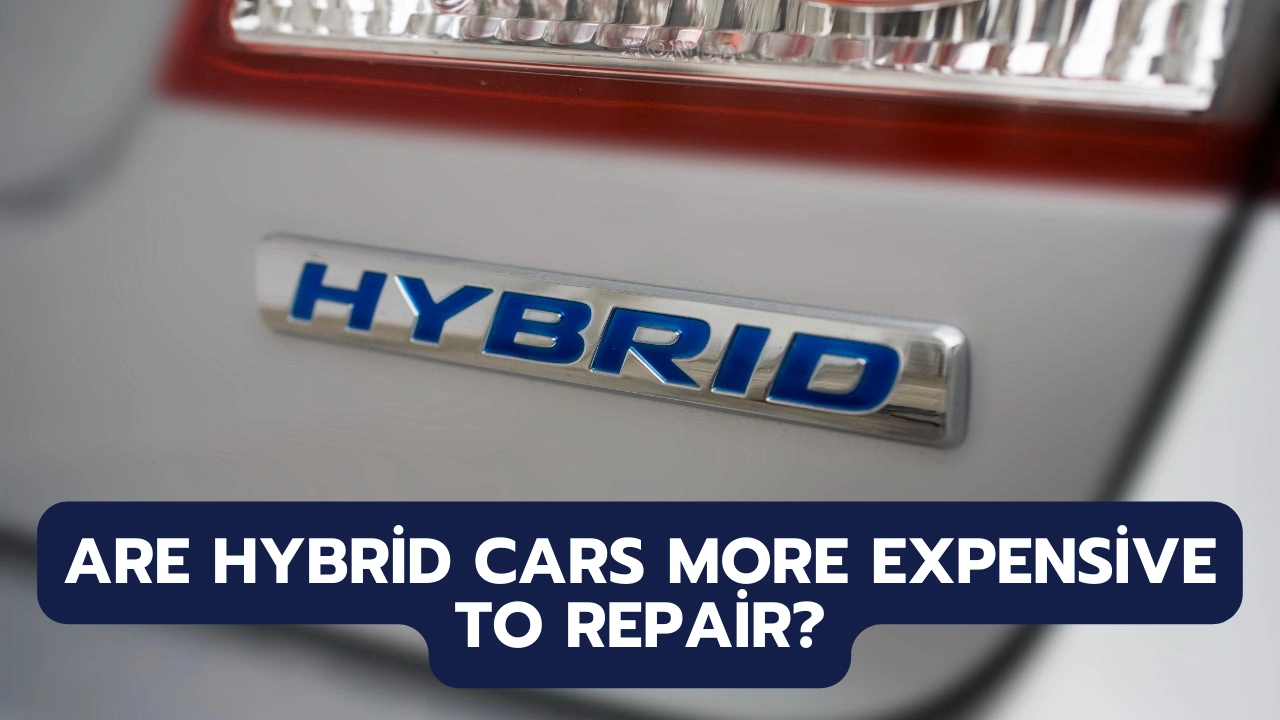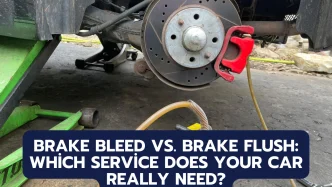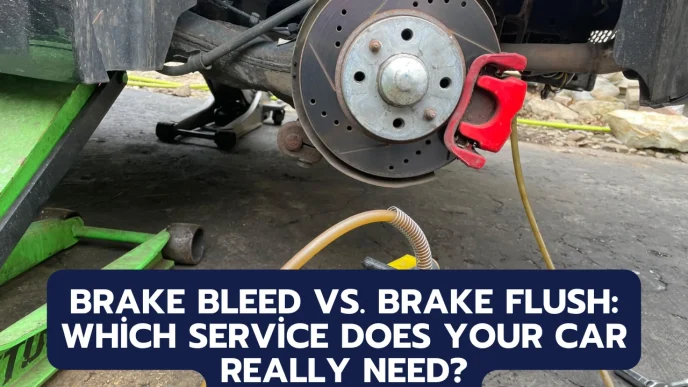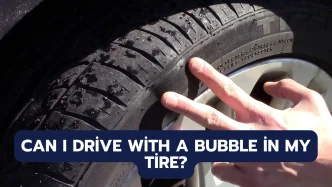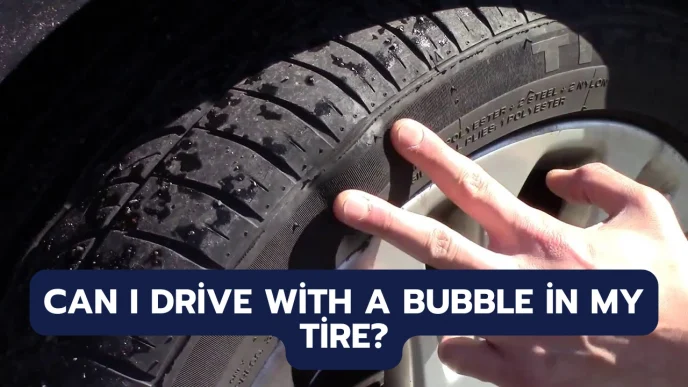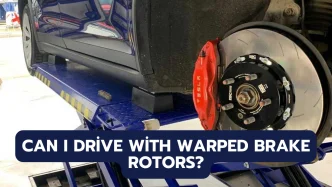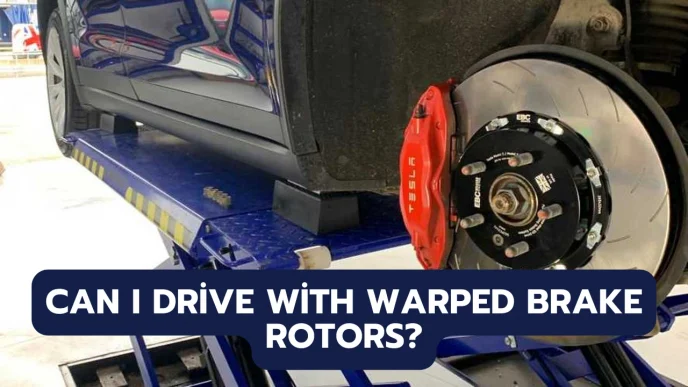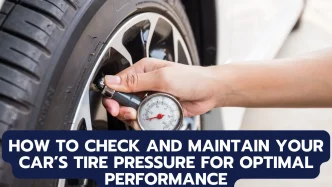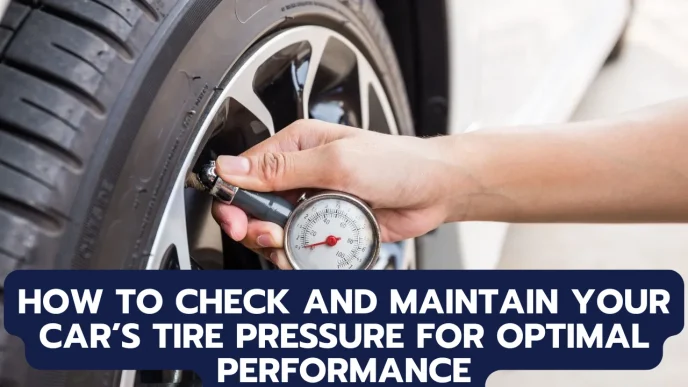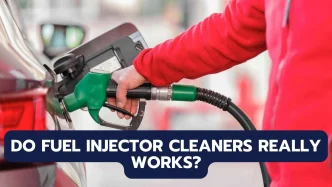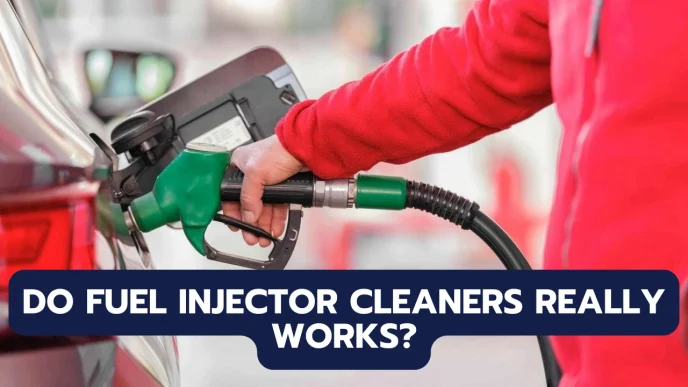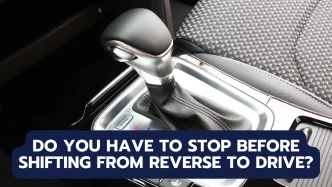With hybrid vehicles becoming increasingly common on the roads, many drivers are asking the critical question: Are hybrid cars more expensive to repair than conventional vehicles? The answer, while nuanced, tends to lean towards “yes” due to the complexity of hybrid systems, the specialized parts involved, and the need for trained technicians to perform repairs. Though hybrids like the Toyota Prius can save drivers a significant amount on fuel costs, these savings can quickly be eroded if a major repair is needed out of warranty.
Let’s dive into the factors that make hybrid repairs potentially costly and why the prices might eventually come down as the technology matures.
The Rise of Hybrid and Electric Vehicles
The automotive industry has undergone a significant transformation since Toyota introduced the Prius in 1997. This hybrid pioneer has been immensely successful, with over 1 million units sold worldwide. Meanwhile, other manufacturers are ramping up their hybrid and electric vehicle (EV) offerings. Companies like Tesla have pushed boundaries with fully electric cars, while General Motors (GM) has aggressively pursued hybrid technology, including the much-anticipated Chevy Volt.
Hybrids and EVs offer cleaner, quieter, and more energy-efficient driving experiences. They feature electric drive trains with fewer moving parts compared to traditional gasoline engines, which means fewer potential points of mechanical failure. However, when problems do occur, they can be costly to repair due to the specialized technology and parts involved.
Why Are Hybrid Repairs More Expensive?
1. Complex and Specialized Components
Hybrids are designed with intricate systems that combine electric motors, generators, gasoline engines, and Continuously Variable Transmissions (CVTs). The Toyota Prius, for example, features a Synergy Drive system comprising two electric motor/generators, a gasoline engine, and a CVT tailored specifically for hybrid performance.
Additionally, hybrids incorporate high-voltage battery packs — often nickel-metal hydride (NiMH) or lithium-ion (Li-ion) batteries — and regenerative braking systems. Because these parts are unique to hybrid vehicles and are produced in limited quantities, they tend to be significantly more expensive to replace compared to conventional parts.
Mike Helm, a technician at Downtown Toyota in Oakland, California, explains the potential costs:
“People figure they save a lot of money in gas driving a Prius — and they can. But the savings will be gone if something breaks out of warranty. Inverter, tranny, battery — they all cost five thousand bucks to replace.”
In comparison, repairing or replacing components in a traditional gasoline-powered vehicle is typically far less expensive due to the widespread availability of parts and mechanics who can service them.
2. High-Voltage Systems Require Specialized Training
Hybrid and electric vehicles operate on high-voltage electrical systems, often exceeding 300 volts — far higher than the voltage used in a typical household. This makes servicing these vehicles potentially hazardous if done improperly. Technicians who work on these systems need specialized training and equipment to ensure safety and effectiveness.
Most of this training occurs at dealerships, where certified mechanics learn how to handle high-voltage repairs. Because dealerships invest time and money in this specialized training, they often pass these costs onto customers in the form of higher hourly labor rates. This further drives up the cost of repairing hybrids compared to conventional cars.
3. Battery Replacement Costs
One of the most significant concerns for hybrid owners is the potential need to replace the high-voltage battery pack. While these batteries are designed to last for many years, they do eventually degrade. Depending on the make and model, replacing a hybrid battery can cost between $2,000 and $5,000 or more.
Fortunately, manufacturers like Toyota offer robust warranties on hybrid components. Toyota’s 8-year/100,000-mile Hybrid-Related Component Warranty covers the high-voltage battery, engine control unit, and inverter. This gives hybrid owners some peace of mind, but once the warranty expires, the cost of replacing these parts falls on the vehicle owner.
Will Hybrid Repair Costs Decrease Over Time?
Despite the high costs associated with hybrid repairs today, there is reason for optimism. As hybrid and electric vehicle technology becomes more widespread, the costs of parts and repairs are likely to decrease. This follows the same trend seen in other industries, such as computers and consumer electronics. As demand for hybrids increases and more models hit the market, economies of scale will drive down production costs, making replacement parts more affordable.
Furthermore, as more mechanics receive training in hybrid and EV technology, competition in the repair market will increase, potentially lowering labor costs. Early adopters of new technologies often pay a premium, but waiting a few years to purchase a hybrid could result in more reasonable repair costs.
Should You Buy a Hybrid Out of Warranty?
If you’re considering purchasing a hybrid that’s nearing the end of its warranty period, it’s essential to weigh the potential repair costs against the fuel savings. While hybrids are generally reliable, the risk of expensive repairs can’t be ignored. Consider the following:
- Maintenance History: Check the vehicle’s maintenance records to ensure it has been properly cared for.
- Battery Condition: Have the high-voltage battery inspected to determine its health and remaining lifespan.
- Warranty Options: Explore extended warranty options to cover hybrid-specific components.
Fixing a minor issue in a traditional vehicle, like a leaking heater core in a Volkswagen Jetta, may seem inexpensive compared to replacing a hybrid inverter or battery pack.
Are hybrid cars more reliable than traditional cars?
Hybrids are often just as reliable, if not more so, than traditional gasoline vehicles. Their electric drive trains have fewer moving parts, reducing the likelihood of mechanical failures. However, when issues do occur, they can be more costly to repair due to the specialized components involved.
How long do hybrid batteries last?
Most hybrid batteries last between 8 and 10 years or 100,000 to 150,000 miles. Some last even longer with proper maintenance. Manufacturers like Toyota offer warranties covering hybrid batteries for up to 8 years/100,000 miles.
Can any mechanic repair a hybrid vehicle?
Not all mechanics are trained to work on hybrids. Hybrid repairs often require specialized training and equipment, which is typically found at dealerships or certified repair shops. This can lead to higher labor costs.
How much does it cost to replace a hybrid battery?
Replacing a hybrid battery typically costs between $2,000 and $5,000, depending on the make and model. Prices may vary based on battery type and labor charges.
Are hybrid repair costs expected to decrease?
Yes, as hybrid technology becomes more mainstream, the cost of parts and repairs is expected to decrease. Increased demand and competition among repair shops should help lower prices over time.
What are the most common hybrid car repairs?
Common hybrid repairs include battery replacement, inverter replacement, and issues with the regenerative braking system. These components are specific to hybrids and can be costly to repair.
Is it worth buying a used hybrid?
Buying a used hybrid can be worth it if the vehicle has been well-maintained and the battery is in good condition. However, be aware of potential repair costs, especially if the vehicle is out of warranty.
Do hybrid cars have higher insurance rates?
Hybrid cars may have slightly higher insurance rates due to the cost of repairs and specialized parts. However, the difference is usually minimal, and some insurers offer discounts for environmentally friendly vehicles.
Are electric vehicles cheaper to repair than hybrids?
Electric vehicles (EVs) can be cheaper to maintain than hybrids because they have fewer moving parts and no internal combustion engine. However, battery replacement costs for EVs can still be significant.
